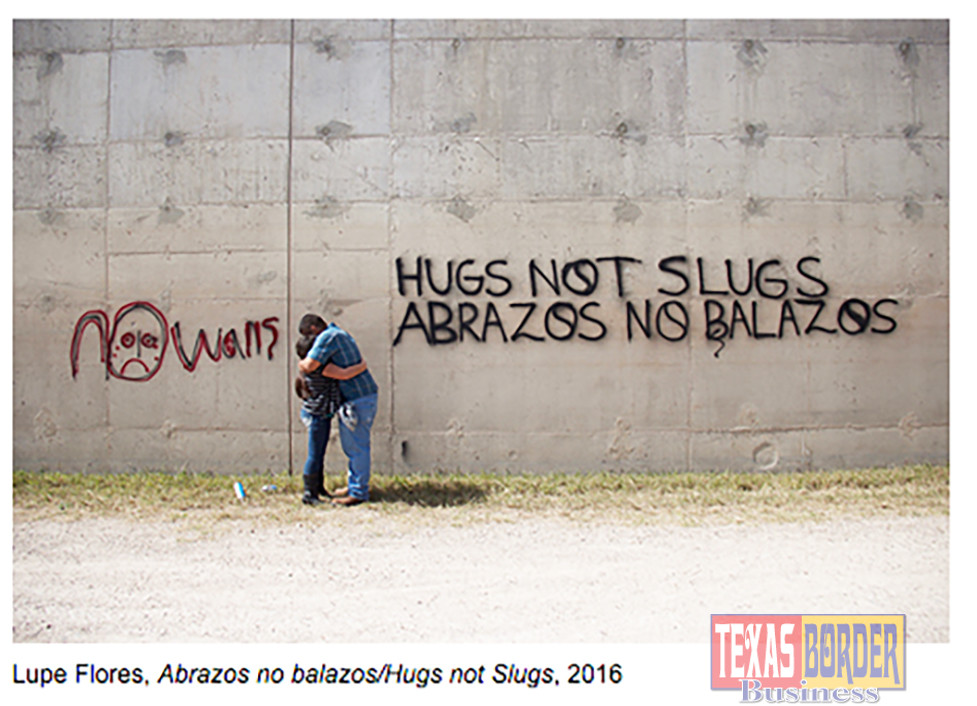
Texas Border Business –
By Melissa Vasquez,
RIO GRANDE VALLEY, TEXAS – MAY 19, 2016 – The U.S.-Mexico border wall –a hot topic in the looming 2016 presidential elections – is the focus of an art exhibit in New York City organized by two anthropology professors from The University of Texas Rio Grande Valley.
Titled Fencing in Democracy, the exhibit will be presented at apexart, a nonprofit arts organization in Lower Manhattan that provides independent curators and emerging or established artists a platform to showcase their work.
The exhibit will be open to the public from June 2-July 30, and an opening reception will be held Wednesday, June 1, at the exhibit location.
The exhibit was curated by Dr. Miguel Diaz-Barriga, a UTRGV professor of anthropology and The Carol L. Zicklin Endowed Chair for the Honors Academy at Brooklyn College, and Dr. Margaret Dorsey, UTRGV associate professor of anthropology and visiting associate professor of anthropology at Brooklyn College from 2014-2015.
Both are border studies experts and have been researching and writing about border walls and/or immigration for the past nine years. In addition, they have written numerous publications on borders and walls.
“Curating an exhibition in a New York City gallery is a once-in-a-lifetime accomplishment. This event means that our work as public intellectuals is being recognized on an international scale,” Dorsey said.
Their exhibit was the winning pick from among 500 other proposals submitted to apexart’s Unsolicited Proposal Program, which was internationally juried, she said.
This bilingual (English and Spanish) group exhibition brings together work by artists, activists, architects and other public intellectuals who have created alternative designs for or fought construction of the U.S.-Mexico border wall.
UTRGV students contributing their works to the exhibit include Shantal Brissette, anthropology major, undergraduate; Sergio De Leon, English major, senior; Lupe A. Flores, Mexican American Studies, graduate student; and Carolina Rocha, broadcast journalism major, junior.
“While history offers many examples of building walls to restrict and control people, they crumble. But before they crumble, walls imprison, make legitimate human interaction across political borders illegitimate, and reduce democracy to tyranny. We can break down these barriers. De-fence Democracy,” Dorsey and Díaz-Barriga wrote in the proposal to apexart.
According to the exhibit literature, “This exhibition allows participants and visitors to imagine alternatives and generate public dialogue about border militarization.”
For more information on the exhibit, visit apexart online.













